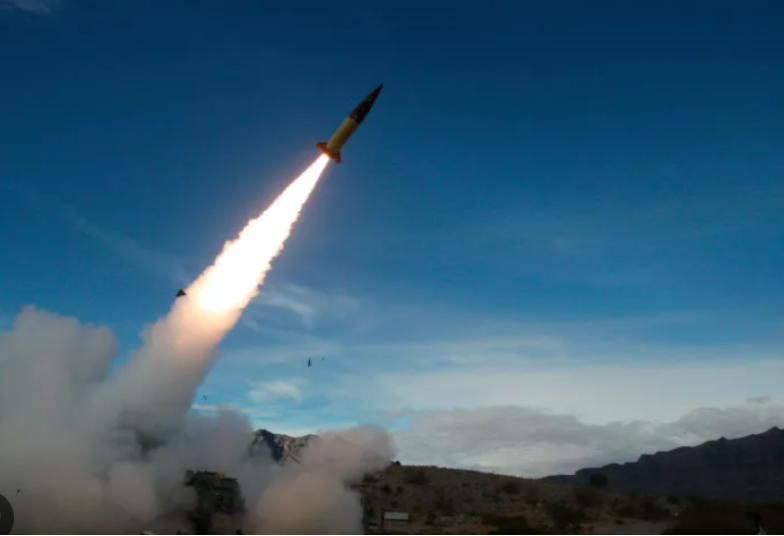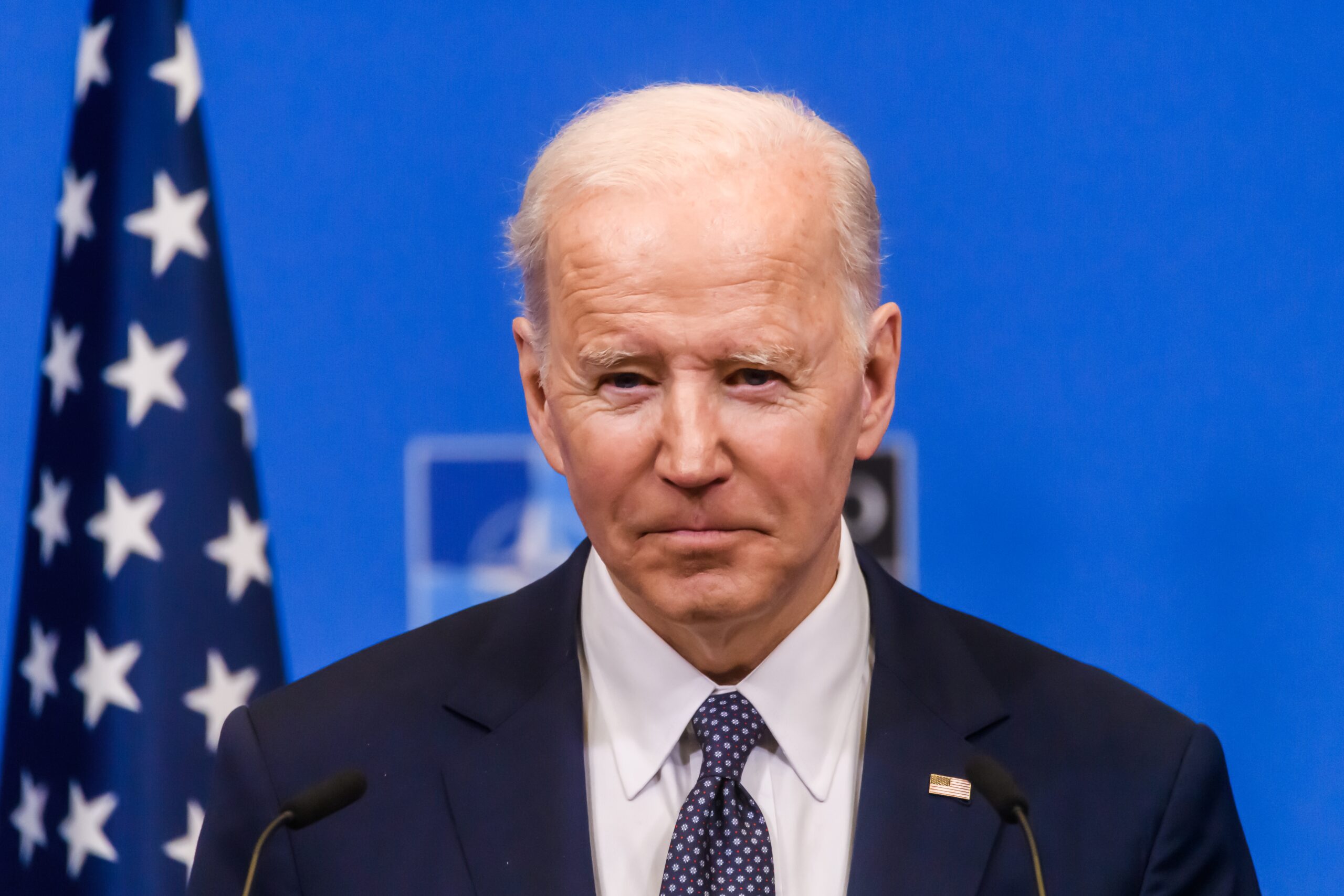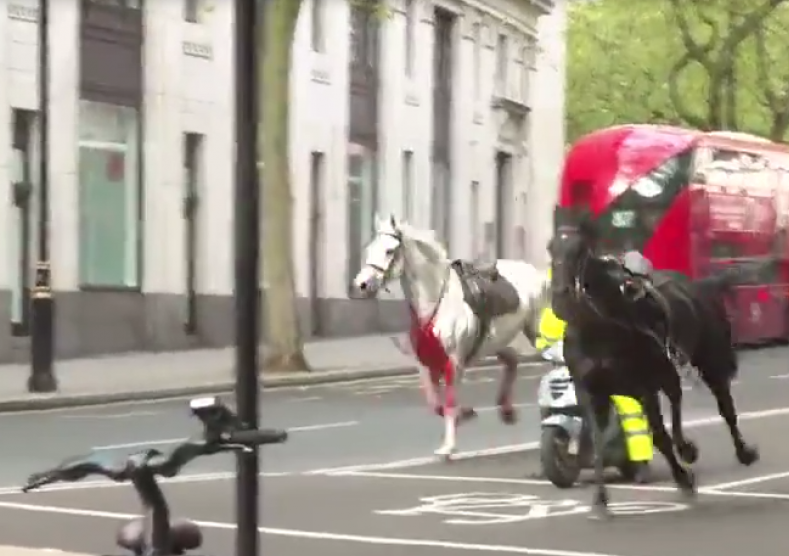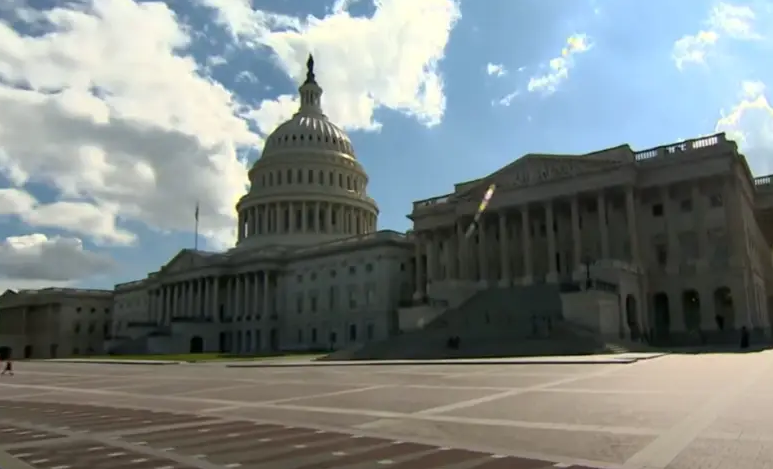[ad_1]
TOKYO (Reuters) – U.S. President Donald Trump vowed on Monday to push for a free and balanced trade partnership with Japan after decades of “massive trade deficits” but said relations with close ally Tokyo were “better than we have ever had”.
“The United States has suffered massive trade deficits at the hands of Japan for many, many years,” Trump said at the start of a meeting with Japanese and U.S. business leaders on the second day of a 12-day Asian trip that will focus on both trade and North Korea’s nuclear and missile programs.
Japanese Prime Minister Shinzo Abe, at the start of a working lunch with Trump, offered his “heart-felt condolences” for the victims of a gunman who massacred at least 26 worshippers at a church in Texas.
White House spokeswoman Sarah Sanders said Trump, who earlier expressed grief for the victims, had no plans at this time to change the schedule for his 12-day Asian trip, which will also take him to Seoul, Beijing and Danang, Vietnam.
Trump praised Japan for buying U.S. military hardware, which he said was the “best military equipment in the world”, but added that “many millions of cars are sold by Japan into the United States, whereas virtually no cars go from the United States into Japan”.
“We want free and reciprocal trade but right now our trade with Japan is not free and it’s not reciprocal and I know it will be and we’ve started the process,” Trump said. “I have no doubt that it will be done in a quick and very friendly manner.”
Later, at the start of their formal talks, Trump told Abe the two sides were making “tremendous progress” on both trade and North Korea, the other focus of his trip.
INDO-PACIFIC FRAMEWORK
Trump also said Washington wants to make the United States the most attractive place to hire, invest and grow.
Japan had a $69-billion trade surplus with the United States last year, according to the U.S. Treasury Department. The United States was Japan’s second biggest trade partner after China, while Japan was the United States’ fourth largest goods export market in 2016.
Japanese officials have countered U.S. trade complaints by noting Tokyo accounts for a much smaller slice of the U.S. deficit than in the past, while China’s imbalance is bigger.
In a second round of economic talks in Washington last month, U.S. Vice President Mike Pence and Japanese Finance Minister Taro Aso, who doubles as deputy premier, failed to bridge differences on thorny trade issues.
The two sides remain at odds over how to frame future trade talks, with Tokyo pushing back against U.S. calls to discuss a bilateral free trade agreement (FTA).
Trump also said that an Indo-Pacific trade framework would produce more in trade that the Trans-Pacific Partnership pact pushed by his predecessor but which he announced Washington would abandon soon after he took office.
“TPP was not the right answer,” he said, adding he knew not everyone in his audience agreed. “We will have much bigger trade with the way we are doing it right now and it will be a much less complex situation.”
The 11 remaining nations in the TPP, to which Japan’s Abe is firmly committed, are edging closer to sealing a comprehensive free trade pact without the United States.
EMPEROR, ABDUCTEES, NORTH KOREA
The United States has also complained about Japan’s safeguard mechanism on U.S. frozen beef imports, which imposes higher tariffs if quarterly imports rise more than 17 percent from the previous year. Sources have told Reuters that Tokyo will propose changes to the system to reduce U.S. pressure.
Trump met Emperor Akihito, exchanging a handshake and nodding, before his lunch and talks with Abe.
He met relatives of Japanese citizens kidnapped decades ago by North Korean agents to help train spies.
Speaking to reporters while the relatives stood behind holding photos of their loved ones, Trump called the kidnappings a tremendous disgrace and said he would work with Abe to try to bring them back to Japan “where they want to be”.
Abe has made the abductions a keystone of his career. The families hope their talks with Trump – the third U.S. president whom they have met – will somehow contribute to a breakthrough in the emotive issue, although experts say progress is unlikely.
North Korea’s recent actions, including several missiles that flew over Japan and Pyongyang’s sixth and largest nuclear test, have raised the stakes in the most critical international challenge of Trump’s presidency.
The U.S. leader has rattled some allies with his vow to “totally destroy” North Korea if it threatens the United States and with his dismissal of North Korean leader Kim Jong Un as a “rocket man” on a suicide mission.
Abe, however, has staunchly backed Trump’s stance that “all options are on the table”, including military action, and repeatedly said that now was the time for added pressure, not dialogue “for the sake of dialogue”.
reporting by Steve Holland, additional reporting by Kaori Kaneko, writing by Linda Sieg; Editing by Michael Perry
[ad_2]
Source link







Leave a Reply